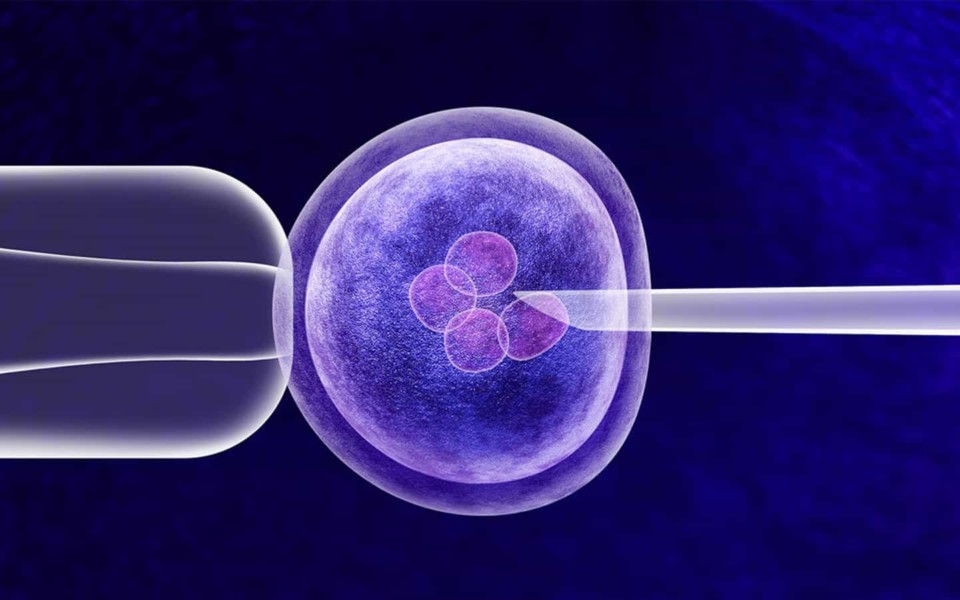The Code Breaker and Crispr People — the ethics of editing humanity
In The Code Breaker, Walter Isaacson recounts the drama of the discovery in a digestible narrative that tackles the promise and the peril of Crispr.
For Isaacson, an accomplished storyteller of innovation with past biographies of Leonardo da Vinci and Steve Jobs, it is something of a case of after the atom, then the bit, now the gene. The next great scientific revolution lies in biology and in Doudna, the co-discoverer of Crispr, Isaacson has found a new hero.
Growing up in Hawaii, Doudna got a taste for the scientific hunt when she picked up a copy of The Double Helix by James Watson, who helped discover the structure of DNA. She initially thought it was a mystery novel — and, while she soon realised her mistake, the book set her off on a career following clues.
A major staging post on that quest was reached last October when the Berkeley scientist and her collaborator, Charpentier, won the Nobel Prize for their world-changing work. “The men who had sequenced DNA taught us how to read the code of life, but the more important step would be learning how to write that code,” declares Isaacson.


